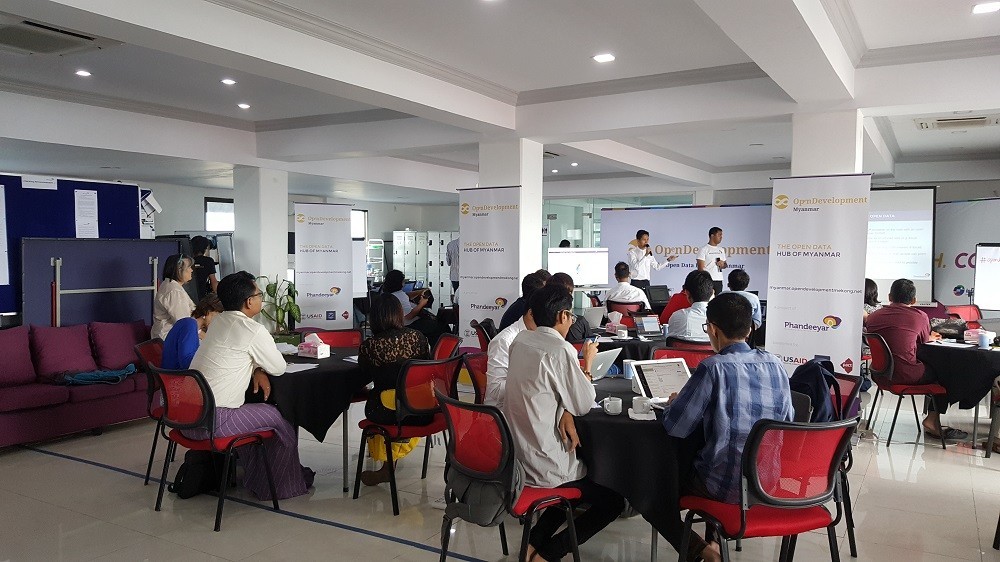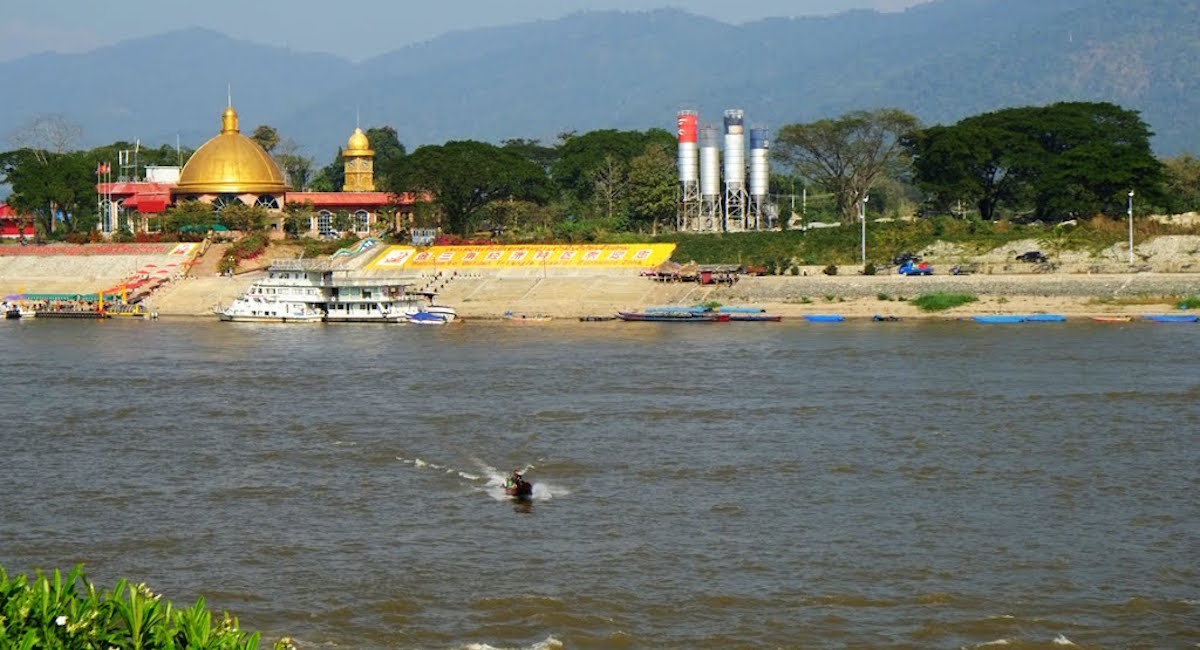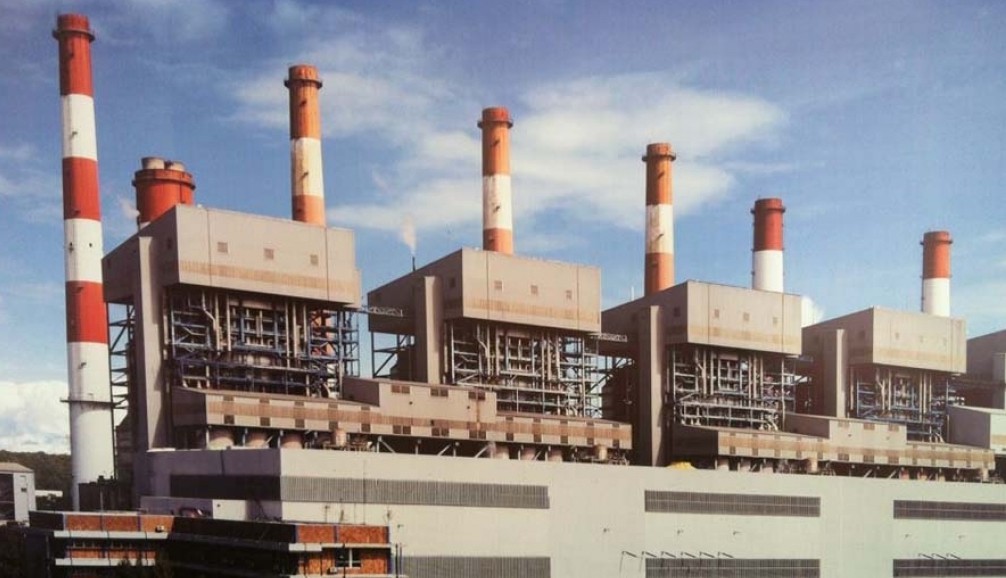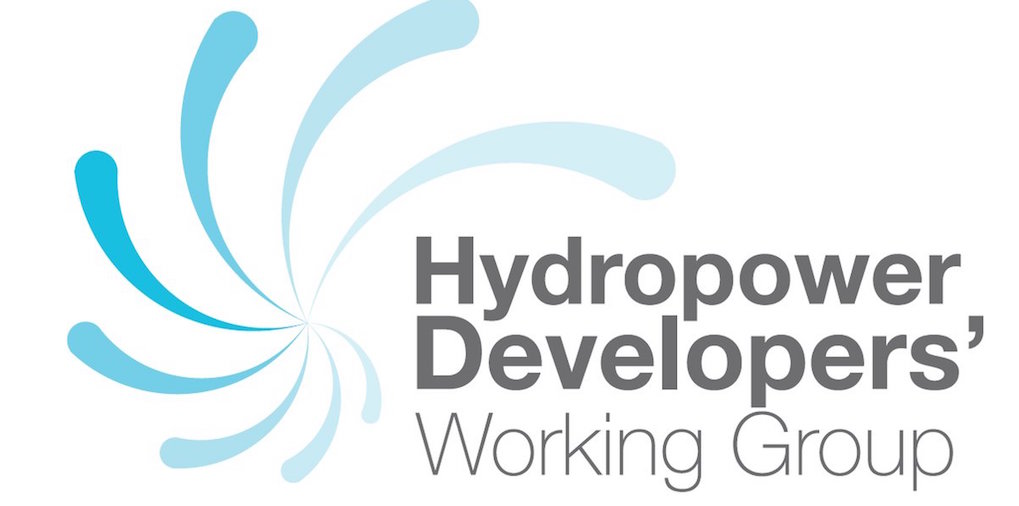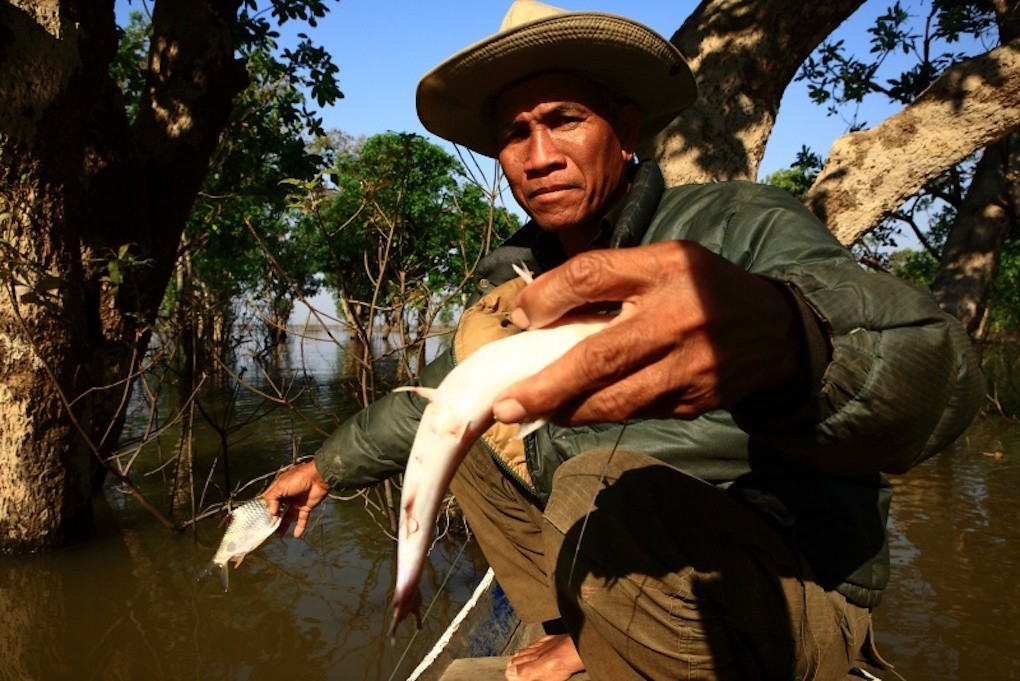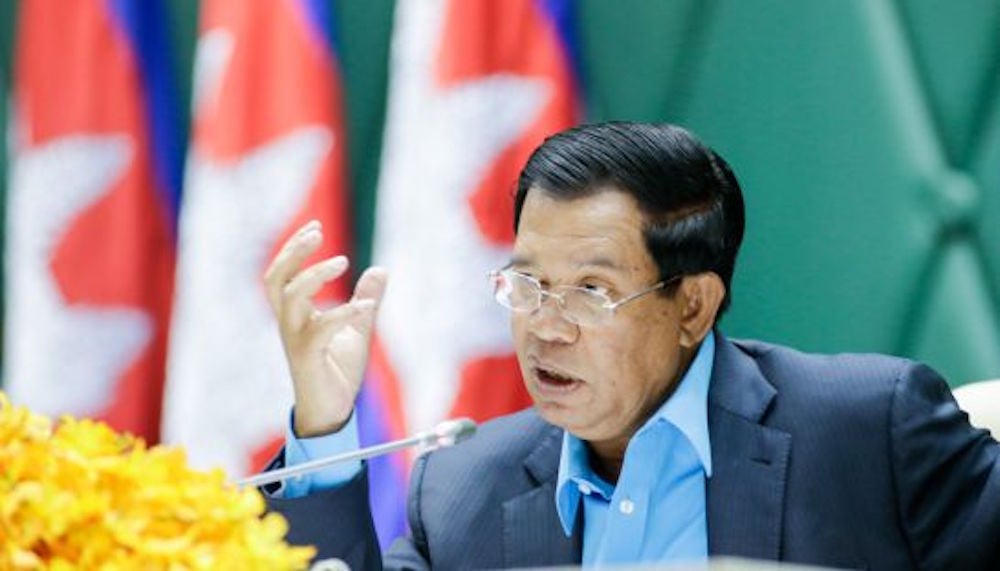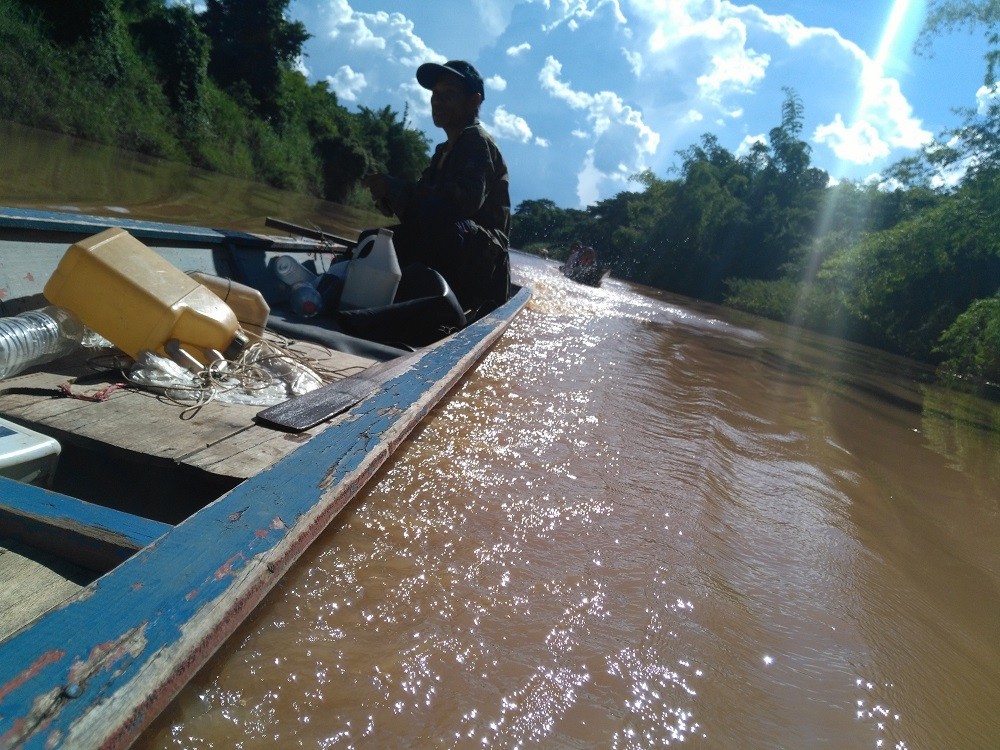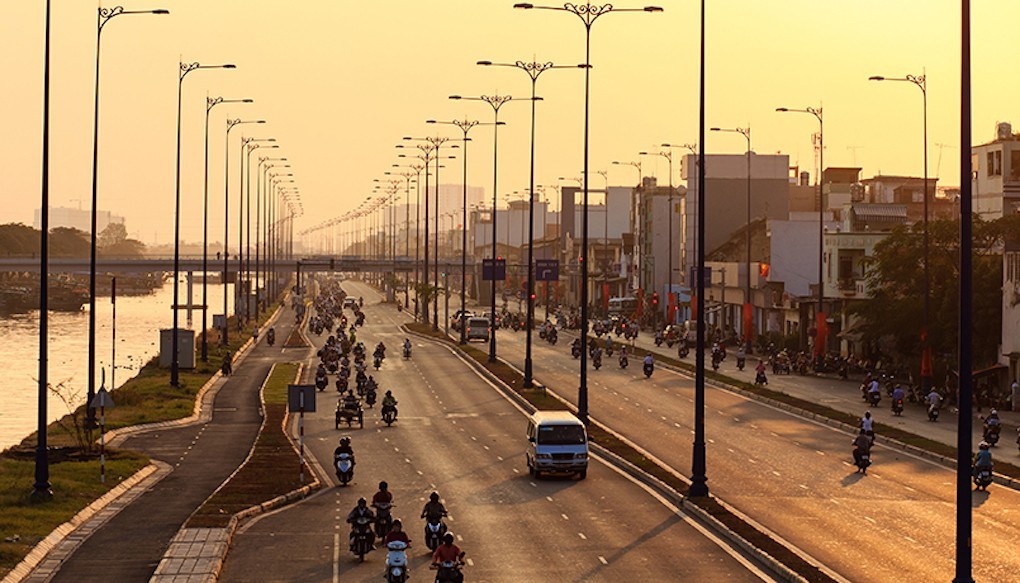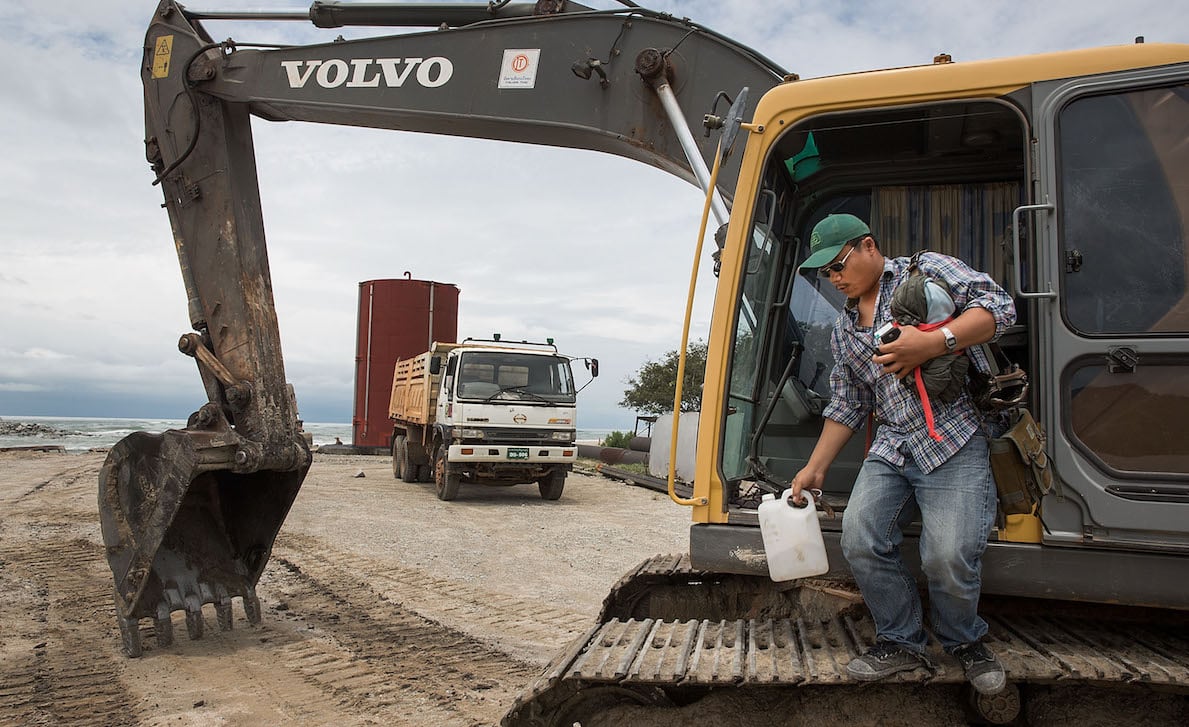USAID partners have launched an innovative data portal in Myanmar. OpenDevelopmentMyanmar.net will be used to aggregate and promote key development and environmental data about Myanmar, especially data with potential regional significance. The platform is the Myanmar sub-site of the major regional open data platform, OpenDevelopmentMekong.net, which gathers and contextualizes objective data on development trends in the Mekong region.
Category: Article
Into the Zone: SEZs in the Mekong Region, Income…or Instability? (Part 1)
The Mekong region is abuzz with news about special economic zones (SEZs). From Thailand’s prime minister telling US business leaders that the Kingdom’s SEZs are a cornerstone to his economic reforms, to Ho Chi Minh City’s mayor wanting 890 km2 designated as an SEZ to revive his city’s economic leadership, to Myanmar’s newly elected government facing increasing pressure to review the outgoing-junta-approved SEZs now underway there—these foreign-investment magnets are picking up steam as ASEAN integration progresses within the Greater Mekong Subregion.
But what’s so special about these zones? Can they unlock new pathways to region’s economic potential, or as the Bangkok Post warned recently, should policy-makers proceed with caution given the immense complexities to securing SEZs’ desired benefits?
Time is running out for an international moratorium on new fossil-fuel power plants. Myanmar needs to take notice.
A global moratorium commencing in 2017 on new fossil-fuel power plants without carbon-capture technology is an option. It would have to be accompanied by grants and cheap international loans to help countries that cancel fossil-fuel power plants to rapidly develop energy efficiency, solar and wind.
IFC and Private Sector Launch Working Group to Drive Change in Myanmar Hydropower Sector
IFC, a member of the World Bank Group, and the private sector launched the first working group for Myanmar’s hydropower sector. The Hydropower Developers’ Working Group (HDWG), first established in Lao PDR in late-2013, is the only platform exclusively for hydropower companies and industry-related professionals to influence policy and identify solutions to improve upon sustainability and business operations in Myanmar.
Over 100 stakeholders from Myanmar’s hydropower sector including companies, civil society organizations, financial institutions and government officials attended the working group’s first General Forum today in Yangon. The interim executive committee presented the working group’s agenda focusing on strengthening private sector relations with the government and highlighting the best practices and policies needed to develop projects sustainably. The committee comprises local and international hydropower companies and consultants operating in Myanmar.
Research: Impacts of Dams and Global Warming on Fish Biodiversity in the Indo-Burma Hotspot
Both hydropower dams and global warming pose threats to freshwater fish diversity. While the extent of global warming may be reduced by a shift towards energy generation by large dams in order to reduce fossil-fuel use, such dams profoundly modify riverine habitats. Furthermore, the threats posed by dams and global warming will interact: for example, dams constrain range adjustments by fishes that might compensate for warming temperatures. Evaluation of their combined or synergistic effects is thus essential for adequate assessment of the consequences of planned water-resource developments.
Civil society groups secure pledges from PM Hun Sen at forestry forum
Billed as a Cambodian first, the invitation of 500 civil society and community representatives to a forum on environmental issues with Prime Minister Hun Sen proved largely a platform for the premier to hold forth on policy and politics, with many observers bemoaning the sidelining of community voices.
“We consider this an enlarged cabinet meeting and decisions taken today have the effect of cabinet decisions . . . otherwise the value of today is just sweet talk,” Hun Sen said near the start of a five-hour soliloquy on environmental policy that left little room for contributions from the audience.
At Environmental Forum, Hun Sen Spreads the Blame
Prime Minister Hun Sen on Monday presided over the first of what he promised would be an annual public forum to discuss the plight of the country’s natural resources, though some participants left doubting the events would do much good.
The Forum on the Protection and Conservation of Natural Resources, held at the prime minister’s office building, was a rare chance for activists to put their concerns and requests straight to the premier. The government sought to convince them that it’s getting serious about preserving the country’s lakes, rivers and forests, which have been plundered for decades, often with the help of officials.
“Kong – Loei – Chi – Mun” Mega Project and Experts Concerns
Currently, the Mekong Delta provinces are facing saline water intrusion as a result of low water levels in the Mekong River. Cambodia and Lao PDR are also plan for similar water diversion projects. If the Kong-Loei-Chi-Mun and similar projects will be implemented in Cambodia and Lao PDR, the volume of flood water to Vietnam’s Mekong River Delta area will be significantly reduced. Furthermore, climate change and El Nino phenomenon will make the issue even more challenging.
Making Inroads: Chinese Infrastructure Investment in ASEAN and Beyond
Inclusive Development International (IDI) released Making Inroads: Chinese Infrastructure Investment in ASEAN and Beyond, its new report that seeks to shed light on the rapidly changing landscape of infrastructure finance in the region which has been driven by China.
Into the Zone: SEZs in the Mekong Region, Income…or Instability? (Part 2)
While neighboring Thailand’s Special Economic Zones are now progressing without much public consultation or review, Myanmar may be moving in the opposite direction. Its three SEZs which were launched in the waning years of the junta, are now under the direction of the civilian government fully aware of concerns raised by communities and independent researchers, and inclined to take stock of what their predecessors set in motion. At issue are a whole range of social and environmental grievances, as well as the viability of the projects themselves and to what extent they reflect the new leadership’s priorities.


